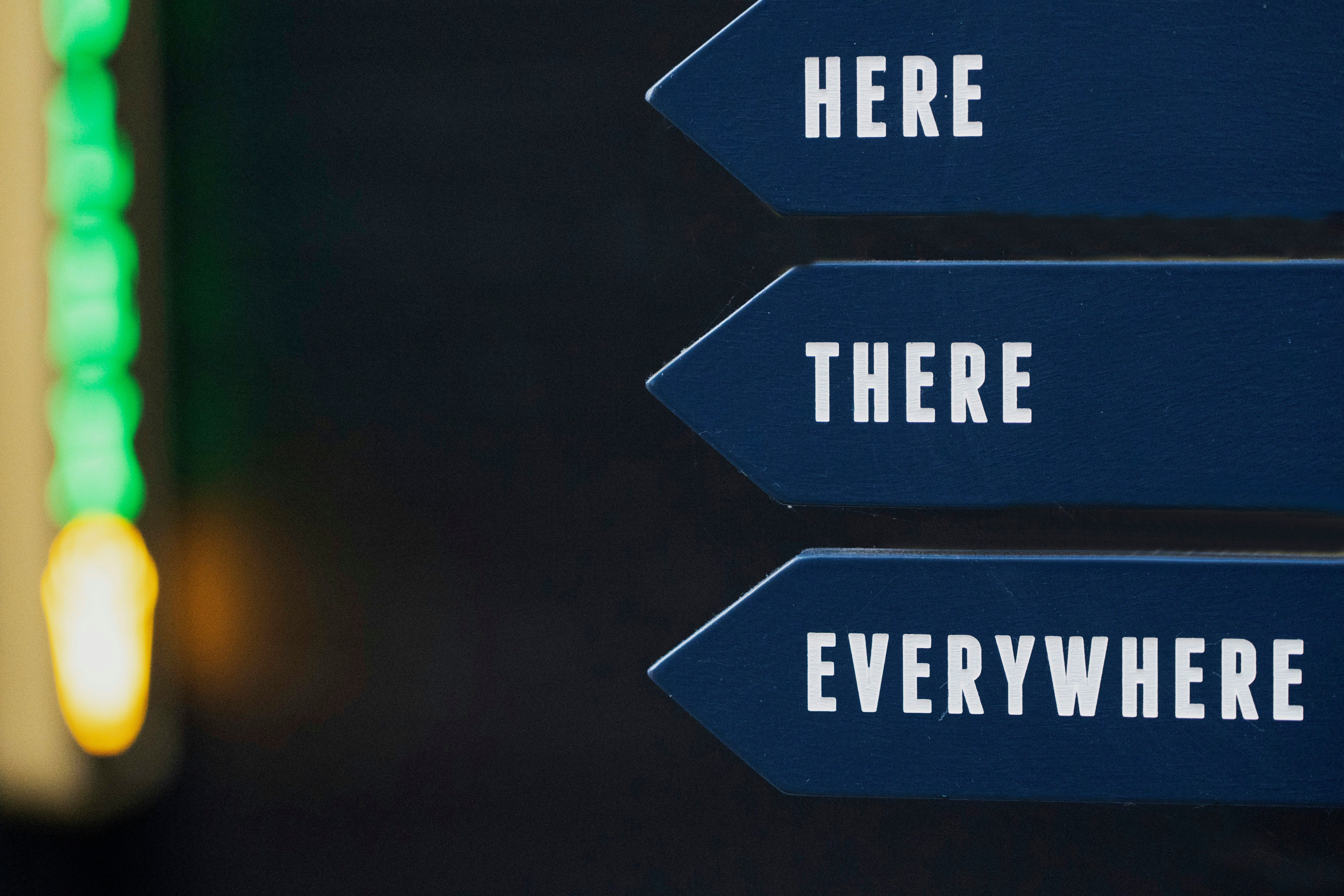Power Up Europe: A Security Council of the Agile
Strengthening a United Front Among Willing European Nations for Dispute Resolution and Collective Security
In the wake of the U.S. abandoning Europe's protection, it's high time for us to step up and fortify our continent. As the EU begins shuffling funds for defense, it's evident we need fresh strategies to hack through the political red tape.
The reality of the situation is grim. Russia is raring for a fight, with its military battleships grinning on state media, and intelligence reports pinpointing their sharpened aggressive intent towards the European Union—not a distant possibility, but a looming threat on the horizon. The clock is ticking, and we can't afford to allow old-school bureaucracy to slow us down.
It's time for a European Security Council—our very own emergency response team. This team won't be bogged down by endless debates—but swift and steadfast in its decisions. The council's strategic structure will have three essential principles at its core:
- Core Europe: We need a lean group of dedicated member states to lead the charge, unencumbered by the waiting game of debating every minutiae in Brussels. This could mean fast-tracking defense policies for the active members, leaving more indecisive states behind if necessary.
- Allies of the Willing: It's time to buckle up and bring in the heavyweights, no matter where they come from. Europe's protection doesn't just reside within the EU's borders. The UK, Norway, even Ukraine, could lend their might to our common cause.
- Not Without Alliance: This isn't about barreling ahead with new structures. Instead, we'll sync our new council with existing EU structures, like PESCO, EUMS, and INTCEN, to capitalize on their synergies and avoid needless competition.
The goal here isn't a bloated committee, but an agile, mobilized decision-making center that can not only recognize but swiftly act upon threats to our security.
The United Nations has set the bar high with their Security Council, making crucial decisions and displaying strong leadership. It's about time Europe followed suit.
Our proposed council could feature founding members like the President of the European Parliament, the member state with the highest defense spending, and a non-EU state with substantial military contributions. To keep things fresh and responsive, members could be re-elected every two years, ensuring the council remains relevant and nimble.
As the EU, we've shown immense economic power. Now it's time to put our might into action on the battlefield. An EU Security Council would ensure our abilities are both formidable and functional.
[1] Enrichment Data: A European Security Council could be modeled after a "European G7 for security" and help bridge the EU's lack of a consultation platform for crucial security discussions. This could also allow room for NATO non-EU members, such as Norway, Turkey, and the UK, to join as well as Ukraine due to its strategic significance. The council would ideally maintain a lightweight operational structure, focusing on high-level strategic discussions, fostering integration among European nations, addressing US dependence, enhancing cooperation, and facilitating long-term strategic planning. (EU, German Defense Policy, Security Policy)
- In the context of Europe's security, there's a need for the European Union to establish a Community policy focusing on defense and security, mirroring the agile decision-making of the United Nations Security Council.
- To address potential threats from hostile powers like Russia, an Employment policy within the proposed European Security Council could prioritize the swift mobilization of robust military responses, minimizing bureaucratic delays and delays due to indecision.
- This European Security Council would also need to establish strong alliances with non-EU member states that have shown willingness to contribute significantly to Europe's security, such as the UK, Norway, and Ukraine, by implementing an Employment policy that invites these nations to collaborate closely.
- In the face of growing security threats, it's crucial for the general-news media to report on the potential impact and progress of political movements, like the establishment of a European Security Council, and mobilize public support for it.







